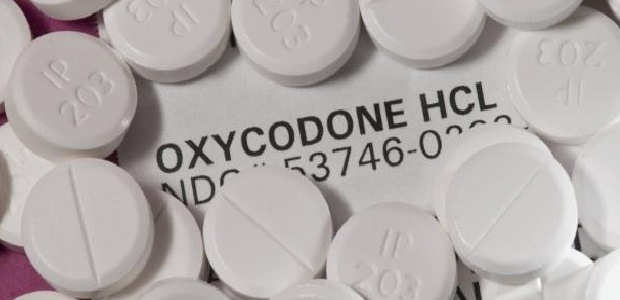
DOT Adds Synthetic Opioids to Drug Test Panel
DOT-regulated employers will be required to test for the opioids hydrocodone, hydromorphone, oxymorphone, and oxycodone starting on Jan. 1, 2018.
A final rule published Nov. 13 by the U.S. Department of Transportation will expand its drug testing panel to include hydrocodone, hydromorphone, oxymorphone, and oxycodone -- synthetic opioids that are highly abused, according to the agency -- for DOT-regulated industries. The agency's news release describes it as "a direct effort to enhance safety, prevent opioid abuse and combat the nation's growing opioid epidemic."
The rule makes a significant change in the DOT testing scheme that has been in place since it was created in 1988: DOT is removing the requirements for blind specimen testing in order to relieve employers and others of the cost and burden of doing this. Some commenters argued it should be kept in place as a safeguard, but DOT said blind specimen testing isn't needed, citing "rigorous HHS oversight of the laboratories, as well as the business necessity for the laboratories to maintain a reliable record of accuracy."
The rule says DOT will allow oral fluid drug testing and/or hair testing if either is added to the HHS Mandatory Guidelines.
DOT requires urine drug testing of safety-sensitive employees in the transportation industries; the agency had issued an NPRM on Jan. 23, 2017, to harmonize its panel with HHS Mandatory Guidelines, which, because of a revision published the same day and effective on Oct. 1, 2017, allow federal agencies with drug-testing responsibilities to test for the same four opioids.
"The opioid crisis is a threat to public safety when it involves safety-sensitive employees involved in the operation of any kind of vehicle or transport," said Secretary Elaine Chao. "The ability to test for a broader range of opioids will advance transportation safety significantly and provide another deterrence to opioid abuse, which will better protect the public and ultimately save lives."
The final rule means DOT-regulated employers will be required to test for the four opioids starting on Jan. 1, 2018.